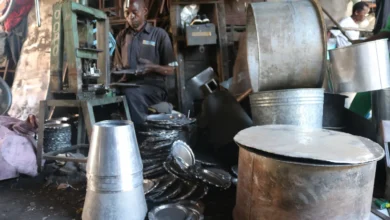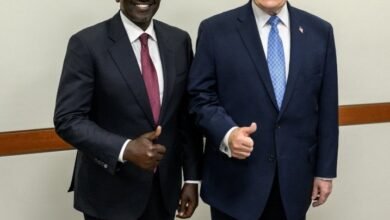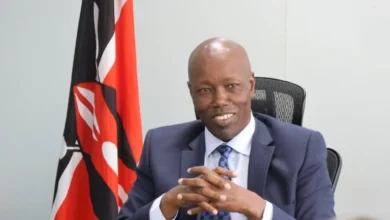
The just concluded Tokyo Olympics has not been the best outing for Kenya. This is because of the performance of the team in the track and field events. A closer look at the medal standings also reveals that the term performed poorly in terms of the medals won compared to the summer games held in 2016 at the Stadium de Maracanã.
In 2016 Kenya scooped 6 gold Medals 6 bronze Medals and 1 bronze medal totaling 13 medals. While in this year’s competition Kenya got 4 Gold Medals 4 silver Medals and 2 Silver medals totaling to 10 Medals.
While in both bouts of the competitions Kenya toped the medal standings in Africa there is a lot of concerns about the performance of this year’s competition because Kenya lost key long-distance competitions in the track and field that have been signature wins for Team Kenya at the International Games.
Some of the competitions that Kenya lost at the Olympics included 10,000m Men which was won by Selemon Barega Kenyan Rhonix Kipruto finished in position seven. In 2016 the same competition was won by Briton Mohamed Farah closely followed by Paul Kipngetich Tanui who finished second after
In 2016 self-taught Javelin thrower Julius Yego Bagged a Silver Medal at the Rio Olympics in this year’s competition however he did not manage to make it past the qualification stage of the competition which was won by Neeraj Chopra from India.
Even as the dust settles on the Tokyo Olympics different theories are now emerging on why Team Kenya did not perform well at this year’s Olympics.
- Kenya wins first gold medal at Tokyo Olympics
- Why Olympics events in Tokyo will have no fans
- Japan to limit international delegation size at Tokyo Olympics
According to Former Sofapaka Striker turned Coach and Sports Analyst Ronald Okoth. Preparation is to large degree to blame for the poor performance of the team at the summer games. Apart from that most of the Athletes were not adequate supported to run up of the games.
“If they had been given proper facilities to prepare them then it would have been possible to predict the performance of the team during the games,” said Ronald.
While poor preparation is not to entirely blame for the poor performance, he agrees that mental preparation, tough opponents and lack of experience are partly to blame for Kenya’s poor performance.
“Look at again most of them it’s been quite a long time and some of them are probably even playing in this Olympics for the first time but again it’s a it’s a very big stage so to me i think it was all about just about Preparation,” said Okoth.
In the just concluded Olympics the African representatives were being outmatched by their counterparts who were more technically and tactically brilliant which reveals the fact that both locally and in Africa the structures to support and help athletes get the right training techniques are non-existent hence complicating the whole preparation process.
It is without a doubt that the presence of the right preparation structures would have given African contestants an upper hand against the competitors who due to proper Covid-19 measures were able to handle the pandemic better and resume early enough to resume preparations for the Olympic games.
Most Kenyans were not impressed by the performance of the Kenya Sevens team. Considering that for the longest they have been a powerhouse in the seven’s series. The team only managed to beat Japan 21-7 and Ireland 12-7 in the whole outing.
With the team comprising of older players in the team like Andrew Amonde and Collins Injera the challenge is therefore on Coach Innocent “Namcos” Simiyu and the Kenya Rugby Union to upscale the talent identification process of young and fresh talents that will continue building on the reputation of local rugby legends like Michael Ayimba, Humphrey Khayange, Andrew Amonde and Collins Injera.





